What is the Hardest Language to Learn? Why Are They Harder?
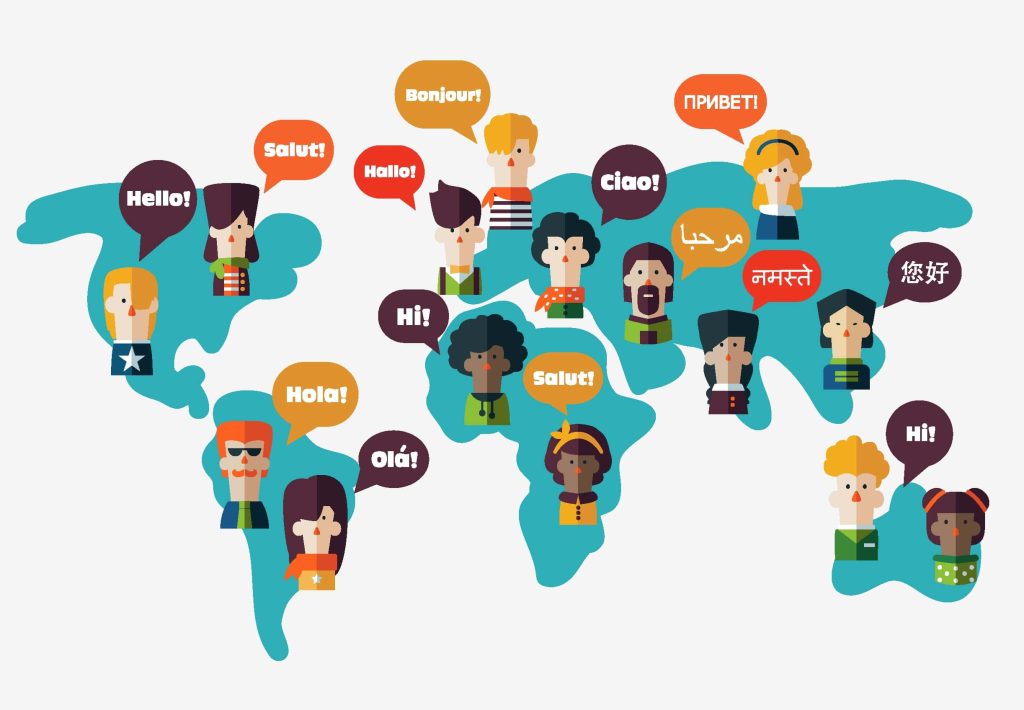
When it comes to learning a new language, some languages are undeniably more challenging than others. Here’s a breakdown of some key factors that contribute to the difficulty of learning a language.
- Writing System: Languages with unfamiliar alphabets or scripts, such as Mandarin Chinese or Arabic, require a large amount of time to master the characters and their usage.
- Grammar Structure: Languages with intricate rules, like Hungarian or Finnish, can confuse learners due to unfamiliar patterns or extensive case systems.
- Phonetics and Pronunciation: Tonal languages, such as Thai or Vietnamese, demand learners to distinguish pitch variations that change word meanings entirely.
- Cultural and Linguistic Distance: Languages with greater cultural and linguistic differences from English are harder to learn. For example, Icelandic, though a Germanic language, is closer to Old Norse, with vocabulary and grammar that differ significantly from modern English.
- Dialects and Variations: Languages with numerous regional dialects, like Arabic, require learners to decide which variation to focus on. The formal Arabic (Modern Standard Arabic) is used in writing and formal settings, but spoken Arabic varies widely in each region.
- Vocabulary: Limited overlap in vocabulary between the target language and English, as seen in Icelandic or Russian, can increase the difficulty level.
It can be seen that the hardest languages to learn in the world are often those that present significant challenges in one or more linguistic areas. If you are ready to take on the question of “what is the hardest language to learn”, you might need to prepare yourself with persistence and dedication to overcoming these hurdles.
>>> See also: 11 of the Easiest Languages to Learn for English Speakers
Top 10 of the Hardest Languages to Learn in the world
If you’re wondering what is the hardest language to learn, this list of the top 10 most hardest languages to learn in the world will give you insight into what makes them so difficult — especially for English speakers.
1. Mandarin Chinese
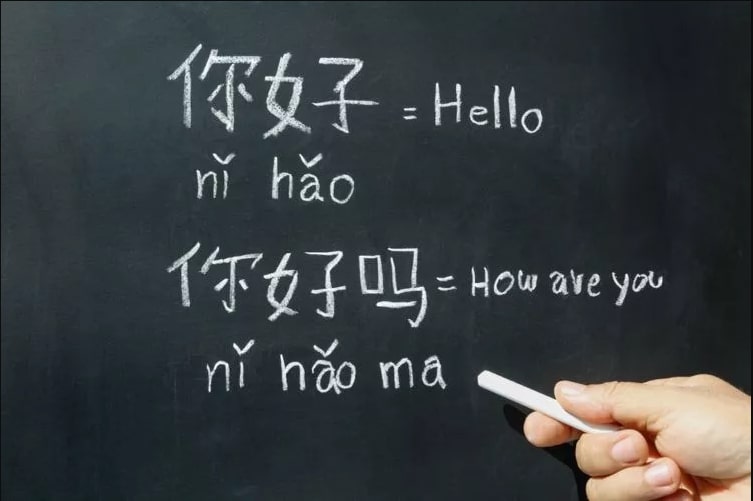
Additionally, learners must memorize thousands of characters in its logographic writing system, which has no direct phonetic representation. Despite its challenges, Mandarin’s significance in global business and culture makes it a valuable language to learn.
2. Arabic
Arabic is one of the hardest languages to learn due to its unique writing system, complex grammar, and pronunciation challenges. Its unique script is written from right to left and includes letters that change shape depending on their position in a word.
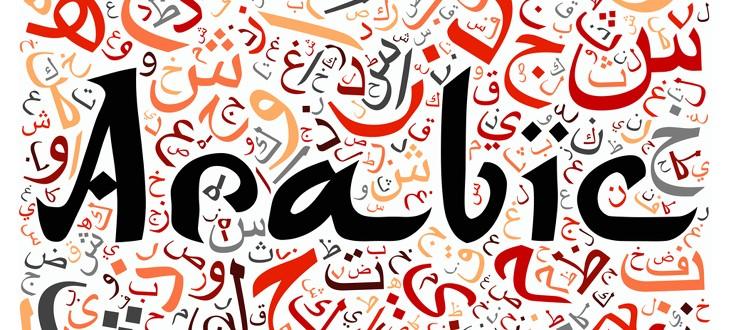
Moreover, Arabic has multiple dialects, each significantly different from Modern Standard Arabic, making it essential to choose the right dialect for practical use.
3. Japanese
Japanese is widely considered one of the hardest languages to learn in the world, mainly because of its three writing systems: kanji, hiragana, and katakana. Kanji alone contains thousands of characters, each with multiple readings.
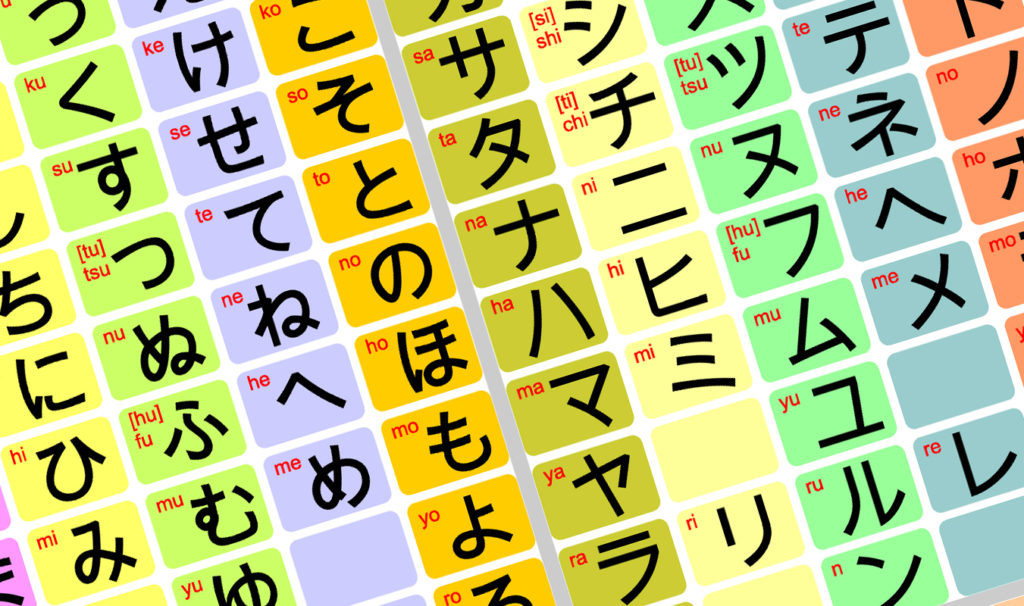
Besides, Japanese sentence structure, which uses subject-object-verb order, differs greatly from English. Honorifics and politeness levels further complicate the language, as learners must adapt their speech based on different social settings.
4. Korean
While Korean’s alphabet-Hangul- is relatively straightforward, its grammar and sentence structure are not. Therefore, Korean is still in the list of the hardest languages to learn in the world.
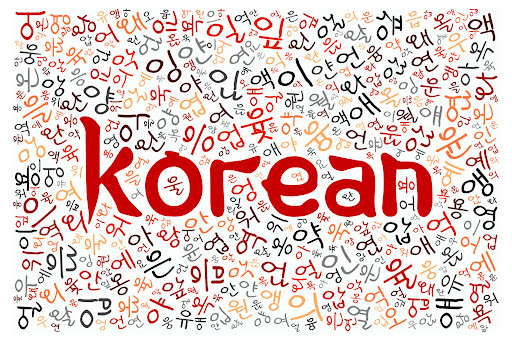
This language uses subject-object-verb word order, and its system of honorifics requires learners to use different speech levels depending on the listener’s social status.
5. Russian
Russian is often listed among the hardest languages to learn due to its complex grammar, unique alphabet, and pronunciation challenges.
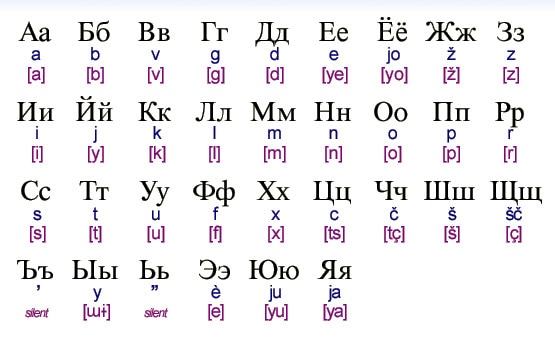
Especially, Russian’s Cyrillic alphabet, which includes letters unfamiliar to English speakers, is just the beginning of its complication besides its six grammatical cases.
6. Finnish
As a member of the Finno-Ugric language family (unrelated to the Indo-European languages that include English), Finnish presents several hurdles that make it stand out as one of the hardest languages to learn in the world, especially for English speakers.
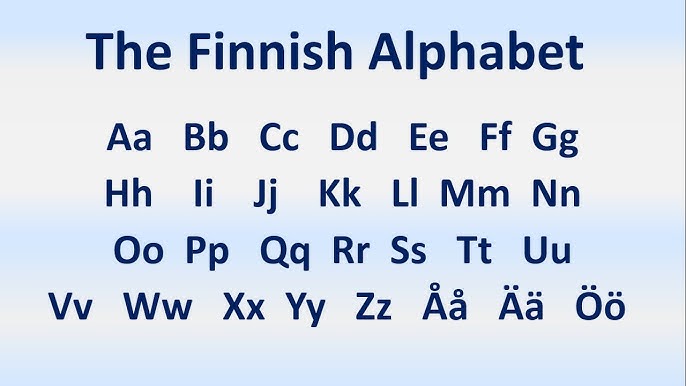
With 15 grammatical cases and agglutinative structure, the language requires learners to memorize numerous word forms and multiple suffixes words, which makes sentence construction really a puzzle.
7. Hungarian
Hungarian is often ranked among the hardest languages to learn in the world due to many features of an unrelated language family to English with 18 cases and flexible word order relying on emphasis rather than strict rules.

Its pronunciation is also very tricky due to vowel harmony, where vowels within a word must match in type. Hungarian’s Finno-Ugric roots mean its vocabulary is considerably different from that of English and learners will have to memorize a vast number of new terms.
8. Vietnamese
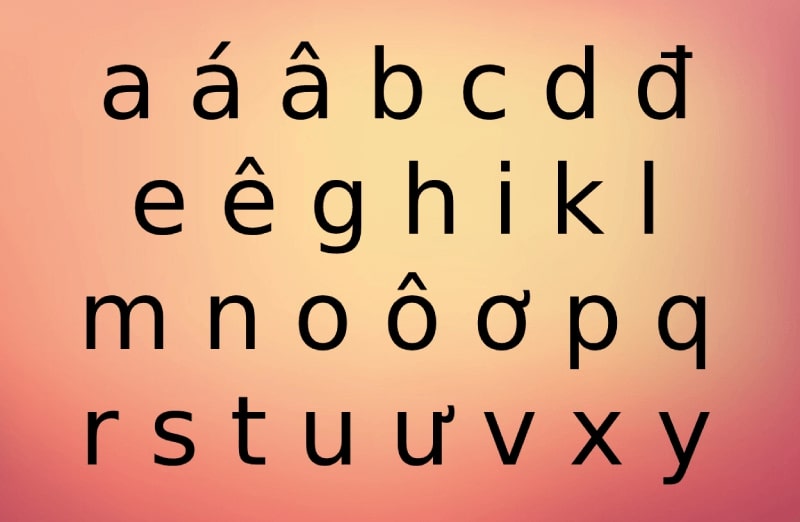
9. Thai
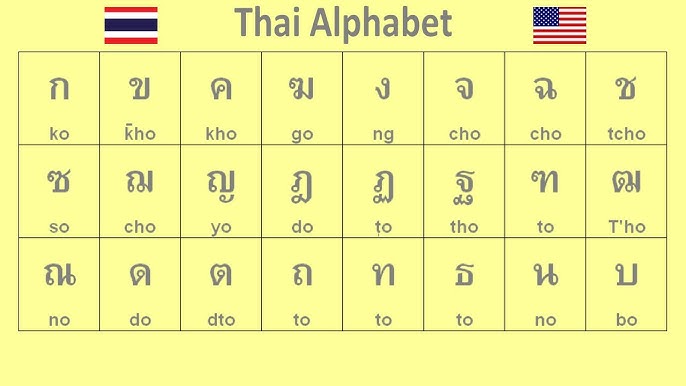
10. Icelandic
With many features of Old Norse together with a grammar includes numerous inflections and irregular conjugations, Icelandic is always amongst the hardest languages to learn in the world.
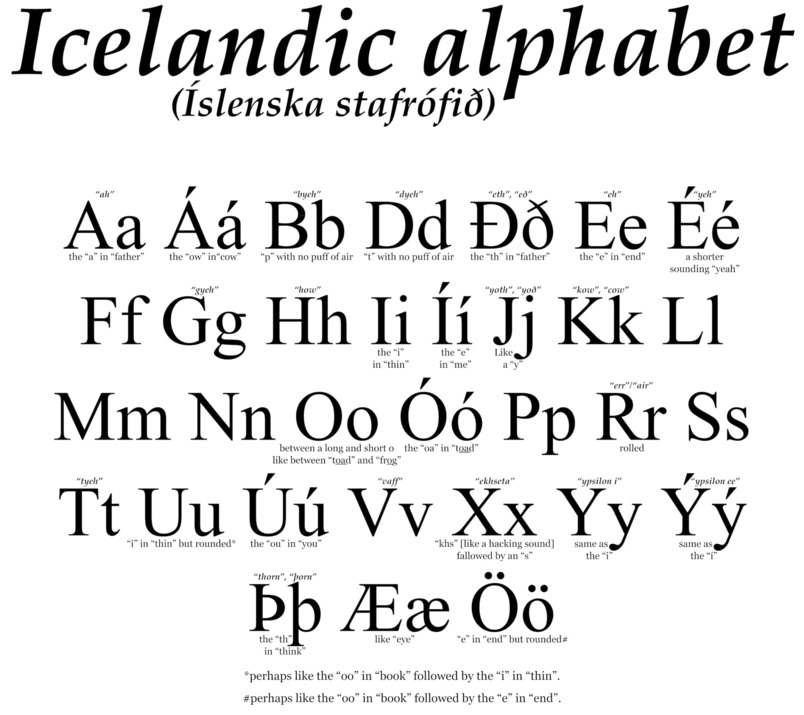
Its vocabulary incorporates many archaic terms while pronunciation is also an obstacle for many, as it includes unique sounds and letters unfamiliar to English speakers.
How to Overcome the Challenges of Learning Hard Languages
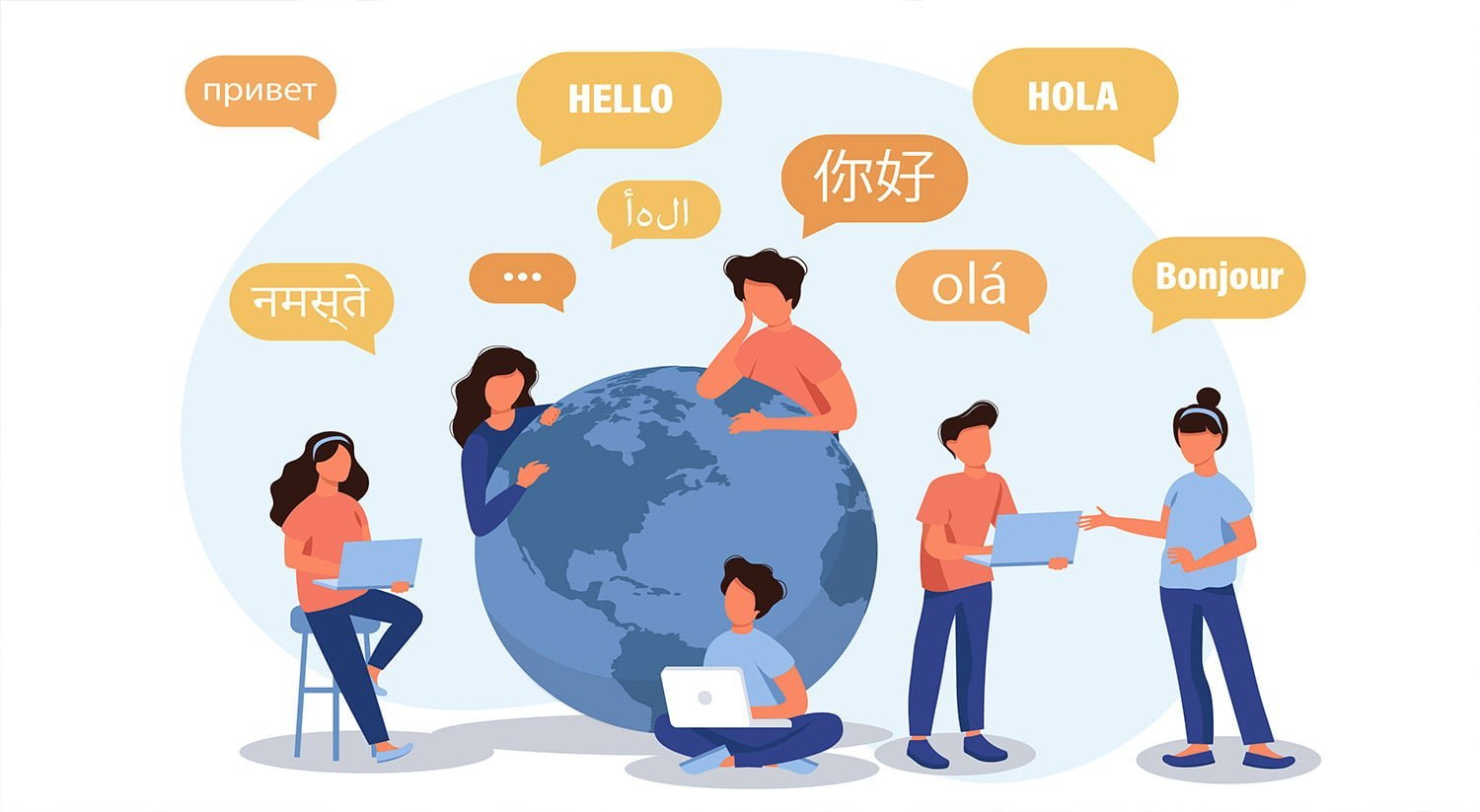
Learning a challenging language is a rewarding journey despite its ups and downs. With the right approach, success is entirely achievable. Here are some strategies to help you along the way:
- Start with the Basics: Focus on learning the alphabet, basic vocabulary, and simple sentence structures before diving into complex grammar or writing systems.
- Immerse Yourself: Surround yourself with the language by consuming native content such as movies, music, and books. Exposure to real-world usage can accelerate the comprehension.
- Practice Regularly: Dedicate daily time to practicing speaking, listening, reading, and writing, even if only for a few minutes.
- Use Technology: Leverage language-learning apps like Duolingo, Anki, or Memrise to build vocabulary and reinforce grammar concepts through interactive exercises.
- Engage with Native Speakers: Conversing with native speakers helps improve pronunciation, fluency, and cultural understanding. Online platforms or language exchange groups can facilitate these interactions.
- Join Communities: Connect with fellow learners through forums or social media groups to share experiences, seek advice, and stay motivated.
- Be Patient and Persistent: Progress may be slow, especially with harder languages, but celebrating small achievements keeps the journey enjoyable and fulfilling.
Mastering the hardest languages to learn in the world takes dedication, but the rewards are immense. At GuruLango, we offer effective courses for Mandarin Chinese, Korean and even more. Begin your journey today with GuruLango — sign up now and conquer the world’s hardest languages!